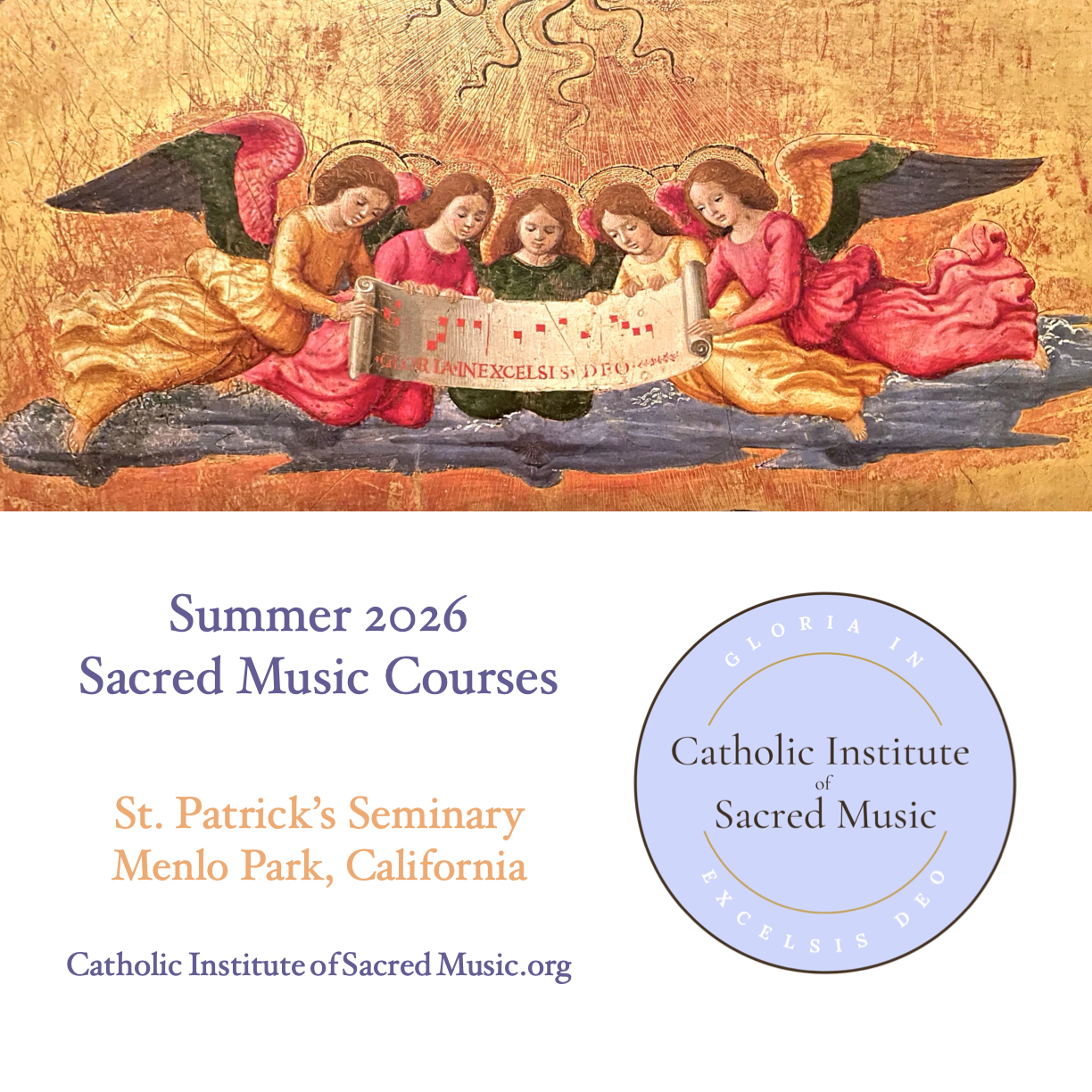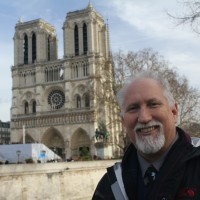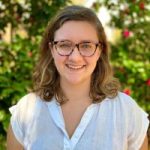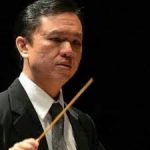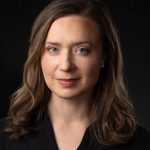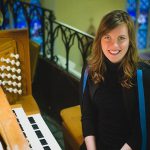2026 Summer Courses
**NEW**
Master of Sacred Music (MSM) degree
Post-baccalaureate Certificate in Gregorian Chant
Post-baccalaureate Certificate in Sacred Choral Music
starting summer 2026
pending approval from WSCUC
Summer study is also still open to non-degree-seeking students. Courses taken for credit can later be applied towards a degree or certificate program.
Summer Term Schedule
May and June - Preparation Period
You’ll prepare for your intensive course through an extensive reading list, preparation of repertoire, watching/listening to lectures, or some writing. The preparation for each class depends on the nature and content of the course, as well as on the instructor. This preparation is done at home.
5-Day Course
Each summer course on campus is 5 days in length, Monday through Friday. If you’re on campus for more than one week, you can use the weekends to study, practice, or relax and explore the surrounding areas.
Beginning of August - Conclusion Period
Following your 5-day course, you’ll return home and have some time through the beginning of August to finish up final/take-home projects and exams, submitting them electronically.
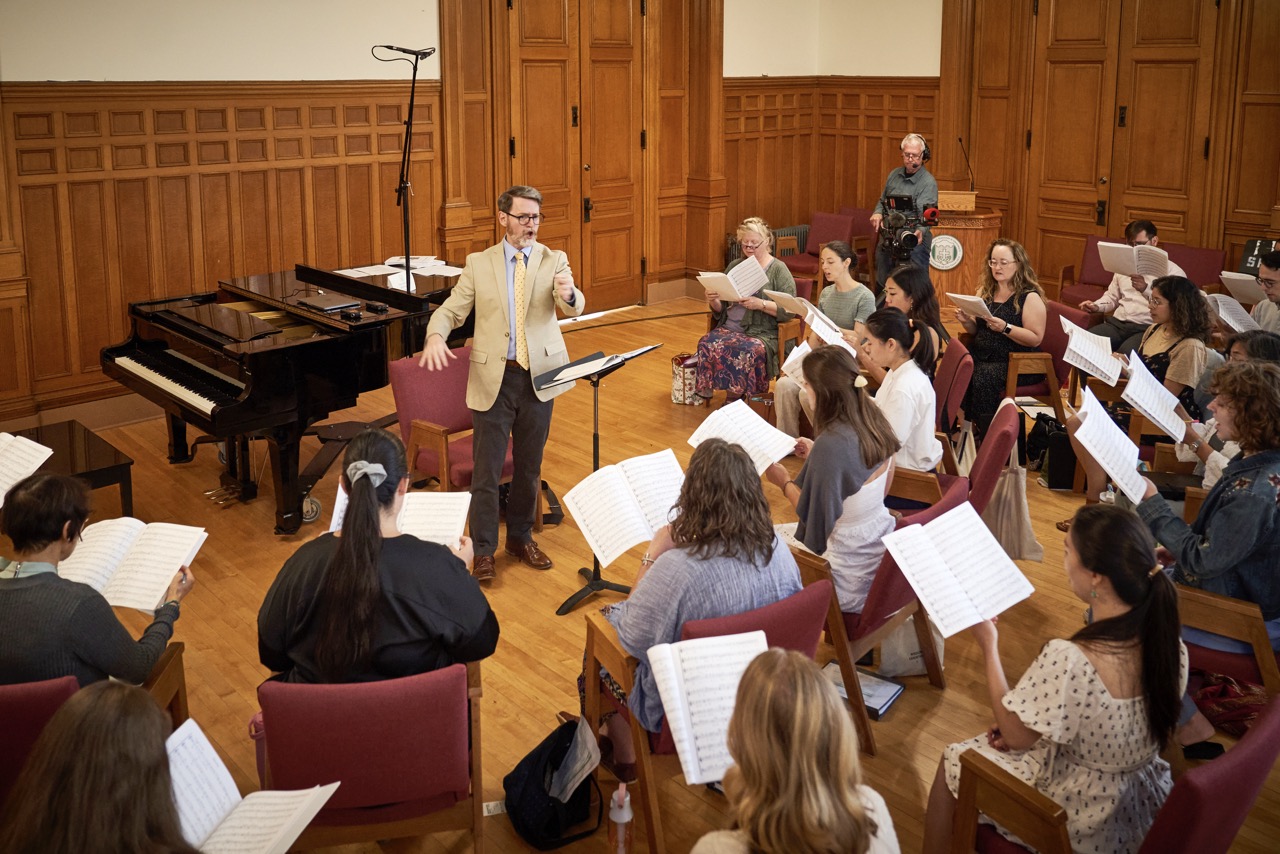


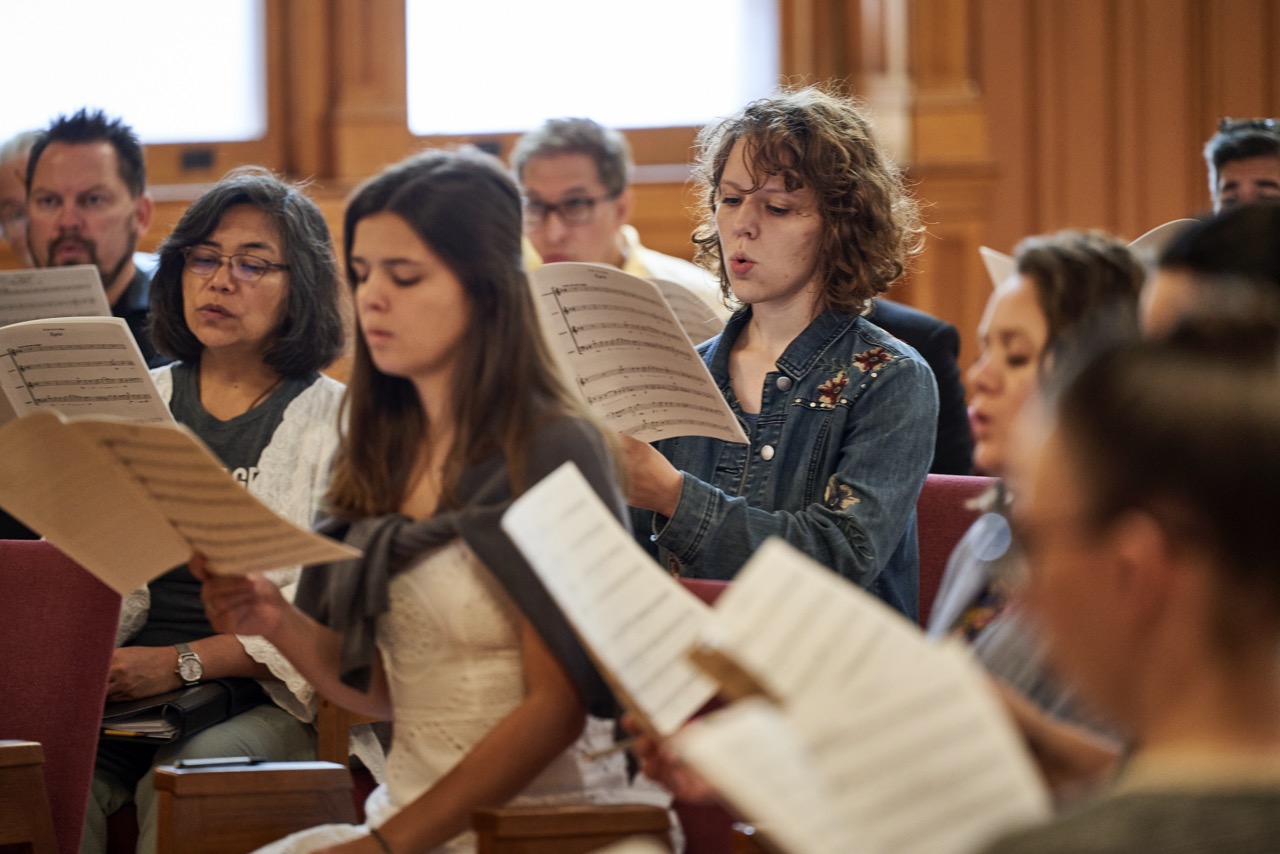







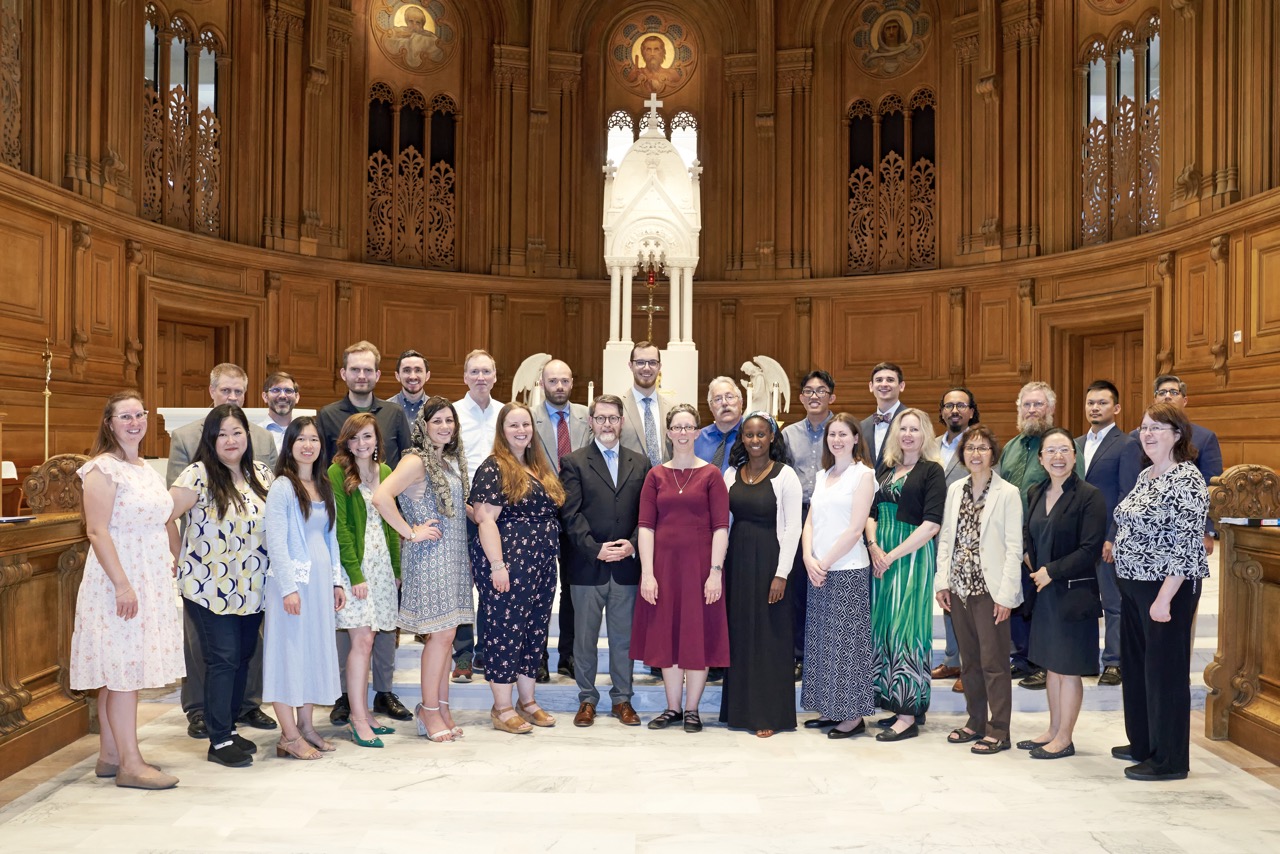

Summer 2026 Courses
History & Principles of Sacred Music - June 29 to July 3, 2026
Through a survey of the history of sacred music and reading of Church and papal legislation on sacred music, students gain an understanding of the principles which shape Western sacred music and the musical structure of the Roman rite. Special focus is placed on current documents which govern music in the Church. The course also features in-depth discussion of practical issues including active participation, progressive solemnity, the use of instruments in the sacred liturgy, inculturation and other pastoral needs, resources available for music directors and choristers, and other relevant topics. 2 credits or audit, limited to 20 students. 8:30 a.m.-12:00 p.m. and 1:15-3:00 p.m. 3:00-5:00 p.m. exam period on Friday. Taught by Dr. Jennifer Donelson-Nowicka.
Advanced Seminar in Gregorian Chant: Manuscript Sources, Semiology, and Interpretation - June 29 to July 3, 2026
Students in this course will engage in textual analysis, manuscript study, and comparison of the notational differences in the principal manuscripts of the St. Gall and Laon notational families. They will also study the rhythmic and agogic nuances recorded in the semiological signs as a means of exploring the impact of semiological study on performance. Students will also study the theology of the chant texts, as well as how theological meaning is revealed in semiological notation and communicated in the interpretation of the music. 1 credit or audit, limited to 20 students. 8:30 a.m. to 12:00 p.m. Taught by Dr. Edward Schaefer.
Advanced Seminar in Gregorian Chant: Vocal Technique and Semiological Performance Practice - June 29 to July 3, 2026
Through practice-based sessions and close reading of early plainchant sources, students gain understanding of semiological performance practices. This course focuses on the interpretation of St. Gall neumes and introduces several other medieval notation traditions for comparison. Singers will develop vocal techniques for expressing the variety of articulations and effects indicated in early adiastematic sources, and also study diction and historical regional pronunciations of Latin to build a rhetorical toolkit for chant interpretation. In addition to practical singing laboratories, discussion of primary sources relating to theology and historical accounts of ecclesiastical singing offer a broad context for exploring historically-informed performance practice and its modern-day applications within the Church. 1 credit or audit, limited to 20 students. 1:15 to 4:45 p.m. Taught by Dr. Rosemary Heredos.
Teaching Gregorian Chant to Children - July 6 to 10, 2026
Liturgical Theology - July 6 to 10, 2026
Serving as an entry point to academic study of the sacred liturgy, this course uses methods of theological inquiry to develop insight into the nature and meaning of the rich liturgical tradition of the Roman rite. In the manner of the theological maxim lex orandi, lex credendi (“that the law of prayer establishes the law of belief”), this course explores the connection between the Catholic faith and her liturgical rites throughout history. With a particular emphasis on the writings of the Liturgical Movement and magisterial documents, themes studied in the class include: Logos, symbol, sacrament, Scripture, sacred time, sacred place, the altar, images, gestures, participation, and inculturation. 2 credits or audit, limited to 20 students. 8:30 a.m.-12:00 p.m. and 1:30-3:00 p.m. 3:00-5:00 p.m. exam period on Friday. Taught by Fr. Nicholas Schneider.
Introduction to Gregorian Chant - July 13 to 17, 2026
Serving as an introduction to Gregorian chant, this course will cover neumatic notation, Gregorian modes, ear training and sight reading, vocal technique appropriate for singing chant, and Latin pronunciation. Special focus will be placed on rhythmic interpretation of the chant according to the classical Solesmes (Mocquereau) method. By the end of the class, students will have confidence singing from the Graduale Romanum, solfège, and psalm tones, and some experience in conducting (chironomy). Additional topics introduced in the class include the history of Gregorian chant, rehearsal techniques for teaching chant to children and adult choirs, and an introduction to chant resources in English and Spanish. 2 credits or audit, limited to 20 students. 8:30 a.m.-12:00 p.m. and 1:15-4:45 p.m. Taught by Dr. Jennifer Donelson-Nowicka.
Organ Accompaniment of Chant - July 13 to 17, 2026
Beginning from a discussion of chant modality at the keyboard, students will learn to harmonize chant melodies through building good bass lines and developing good voicing in interior voices. Through experience in playing written accompaniments in exemplary international schools, students will learn to understand and imitate the harmonic and rhythmic nuances of excellent models by masters of the art of Gregorian accompaniment. Registration, texture, and the accommodation of various rhythmic approaches will also be addressed. 1 credit or audit, limited to 6 students. 8:30 a.m.–12:00 p.m. group instruction, plus two 30-minute private lessons. Taught by Prof. Christopher Berry.
Choral Institute - July 20 to 24, 2026
Spend a week singing masterpieces from the Church’s choral repertory with a chamber choir of excellent singers, directed by a master conductor. In between rehearsals, instructional sessions will develop students’ abilities to direct a great choral rehearsal as students explore various methods of teaching new music, group vocal pedagogy, and techniques for addressing common problems encountered in developing an excellent choral sound. Special attention will be paid to teaching rehearsal techniques capable of evoking the most beautiful result within a liturgically demanding schedule. Gems of the choral repertoire which buttress the musical shape of the Roman rite and can be taken home for use with parish choirs will be covered in discussion and rehearsal. 1 credit or audit, limited to 40 students. 8:30 a.m.-12:00 p.m. and 1:15-8:00 p.m. Taught by Prof. Christopher Berry and Dr. Jennifer Donelson-Nowicka. Singers may apply for the John A. McInnes Fellowship to serve as section leaders in this course.
Composition Seminar - July 20 to 24, 2026
For composition students with formal training, this intensive seminar in music composition is focused on the development of facility with species counterpoint. Class exercises and daily assignments will be accompanied by the opportunity to workshop polyphonic works students have written for parish choirs in light of intensive counterpoint study. Time will also be devoted to an exploration of the aesthetic characteristics of music suitable for liturgical use, form and tonal harmony (as needed), and compositional techniques which facilitate the singing of works by parish choirs. A portfolio of 3 pieces must be submitted in the application process. 1 credit, limited to 5 students. Two 30-minute private lessons in the mornings and 1:15-4:00 p.m. group instruction. Taught by Dr. Frank La Rocca.
Organ Improvisation - July 20 to 24, 2026
Ideal for organists with a solid technical foundation but who have limited training in extemporaneous playing, this seminar will enable students to develop an approach to improvisation at the organ that is built on strong harmonic progressions and good form, utilizing the various melodies of sacred music. Students will grow in their abilities to harmonize melodies, create textures and musical ideas which contribute to thematic and structural development, and pace their playing according to the timing of the liturgy. Group instruction forms the basis of the course, and one-on-one lessons will be included. 1 credit, limited to 6 students. 1:15-4:00 group instruction, assigned liturgies to play, and two 30-minute private lessons in the mornings. Taught by Martin Baker.
Choral Preparation: Choral Conducting, Rehearsal Techniques, and Group Vocal Pedagogy - July 27 to 31, 2026
Through rigorous practice of choral conducting fundamentals such as meter patterns, preparatory and cutoff gestures, changes in tempo and dynamics, and expressive gestures applicable to the sacred polyphonic repertory, students will develop the foundations of a directing technique which is clear, confident, and effective. Students will also work to enrich their gestures through training in Laban movements. Putting these gestures into practice in well-known pieces in the choral canon, course participants will discuss the effect of gestures on singers’ vocal technique and the overall choral sound, and learn helpful basic warm-ups and rehearsal techniques to promote healthy technique, development in musicianship, and expressive singing. Different processes for score preparation will be presented and practiced, as will different exercises to promote the conductor’s accurate and sensitive audiation of the score. 2 credits or audit, limited to 20 students. 8:30 a.m.-12:00 p.m. and 1:15-4:45 p.m. 2:30 to 5:00 p.m. exam period on Friday. Taught by Prof. Christopher Berry.
Advanced Seminar in Gregorian Chant: Notation and Practice in the Tenth through Fourteenth Centuries - July 27 to 31, 2026
Advanced Seminar in Gregorian Chant: Cantare super librum - July 27 to 31, 2026
From the Middle Ages to the nineteenth century, plainchant often served as the basis for extemporaneous polyphonic performance. This improvised approach to chant ranged from simple formulas such as parallel organum and fauxbourdon to more complex contrappunto alla mente. The Gregorian restoration of the twentieth century put an end to such practices in favor of a more flowing style of chant performance. More recently, there is a renewed interest in how young singers learned such practices in former times. This course will examine the pedagogy of improvised counterpoint in the Renaissance style and put that pedagogy into practice, beginning with simple two-part harmonizations and proceeding through fauxbourdon and falsobordone in three and four parts to more complex styles. We will supplement our practice with historical instruction manuals and practical examples from the sixteenth to the nineteenth centuries. 1 credit or audit, limited to 20 students. 1:15 to 4:45 p.m. Taught by Dr. Charles Weaver.
John A. McInnes Choral Fellowship
The John A. McInnes Choral Fellowship was established to encourage twelve outstanding Catholic singers to exercise their musical gifts for the glory of God in the context of the sacred liturgy.
Fellows will serve as section leaders for the CISM Choral Institute, an intensive week-long graduate course held July 20–24, 2026, under the direction of CISM faculty Prof. Christopher Berry and Dr. Jennifer Donelson-Nowicka.
During the Institute, participants sing daily Lauds, Mass, and Vespers, immersing themselves in the Church’s living tradition of sacred music.
In addition to their liturgical leadership, the 2026 Choral Fellows will participate in a professional recording session featuring one new work from each of the five composers enrolled in the concurrent Composition Seminar under the direction of Dr. Frank La Rocca.

